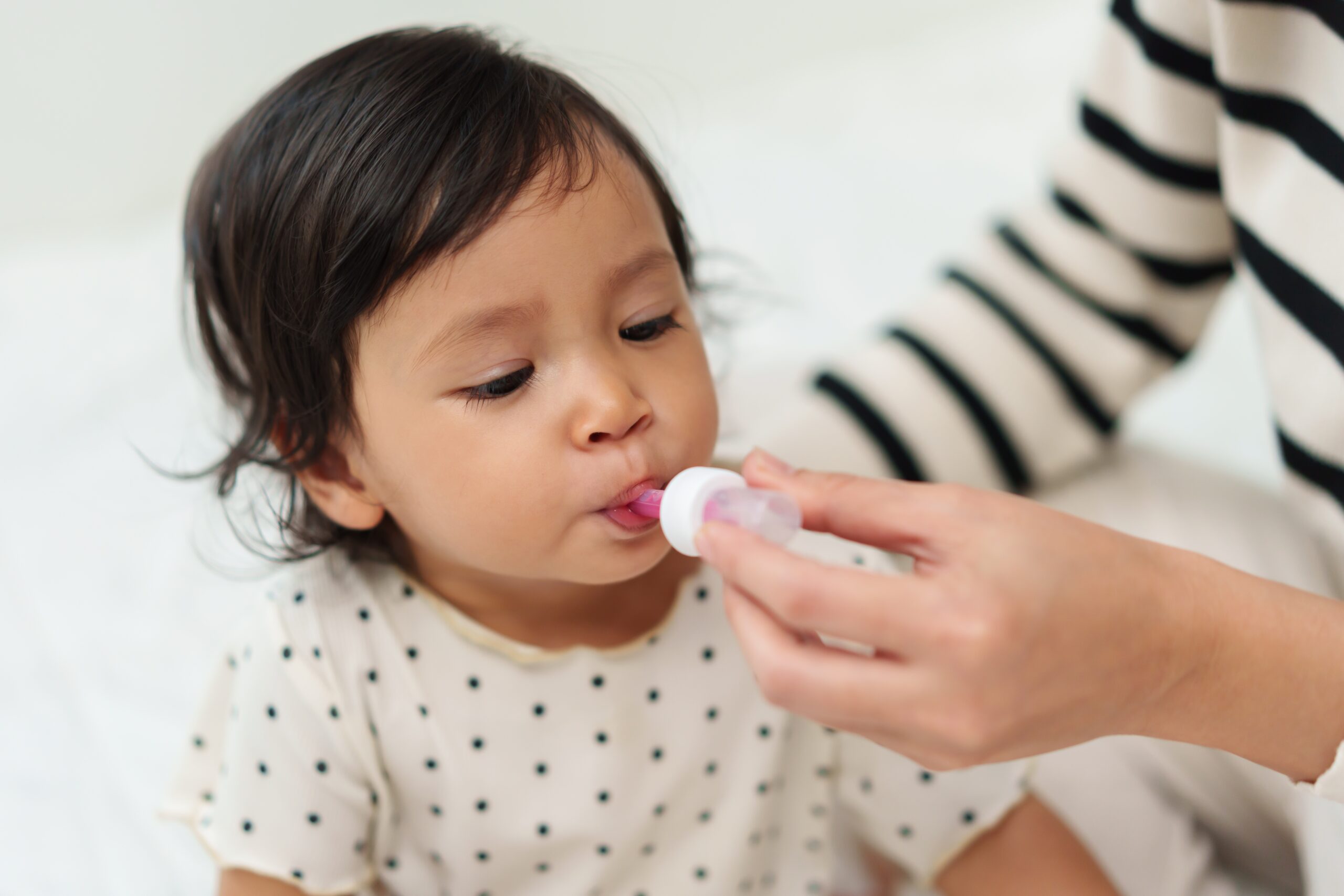The Power of Vitamin D: How to Keep Your Newborn Healthy
Vitamin D supplementation for newborns is a small but powerful step you can take to support your baby’s healthy growth and development. While breastmilk provides nearly everything your baby needs, it doesn’t supply enough vitamin D on its own.
Here’s what parents need to know about why vitamin D is so important, how much your baby needs, and safe ways to give it.
Why Vitamin D Is Essential
Vitamin D helps your baby absorb calcium and phosphorus—building strong bones and teeth. Without enough, babies risk developing rickets, a condition causing soft, weak bones and delayed growth.

Beyond bone health, vitamin D also supports a healthy immune system and may reduce the risk of certain long-term conditions, according to the NIH Office of Dietary Supplements.
Why Newborns Are at Risk for Vitamin D Deficiency
Newborns depend on two sources of vitamin D:
- Sunlight exposure, which produces vitamin D in the skin
- Dietary intake (formula or supplements)
But infants should avoid direct sun to protect their delicate skin, and breastmilk contains only small amounts of vitamin D. Formula-fed babies usually meet their needs if drinking 32 oz per day, but partially or exclusively breastfed babies need supplementation.
The American Academy of Pediatrics recommends 400 IU of vitamin D daily starting in the first few days of life.
How Much Vitamin D Do Newborns Need?
Recommended Dosage:
- Breastfed or partially breastfed: 400 IU daily
- Formula-fed (less than 32 oz/day): 400 IU daily
What Types of Vitamin D Supplements Are Available?
1. Liquid Vitamin D Drops
- Most common and easy to use
- Typically 400 IU per drop or per dropper
- Can be placed directly in baby’s mouth or mixed with breastmilk

2. High-Dose Maternal Supplementation
- Mothers take ~6,400 IU/day, enriching their milk
- Requires medical supervision to ensure adequate transfer
Both methods are safe and effective when done correctly.
Is Vitamin D Supplementation Safe?
At the recommended dose, vitamin D is safe and beneficial. Use products designed specifically for infants, follow the instructions carefully, and consult your pediatrician with any questions.



